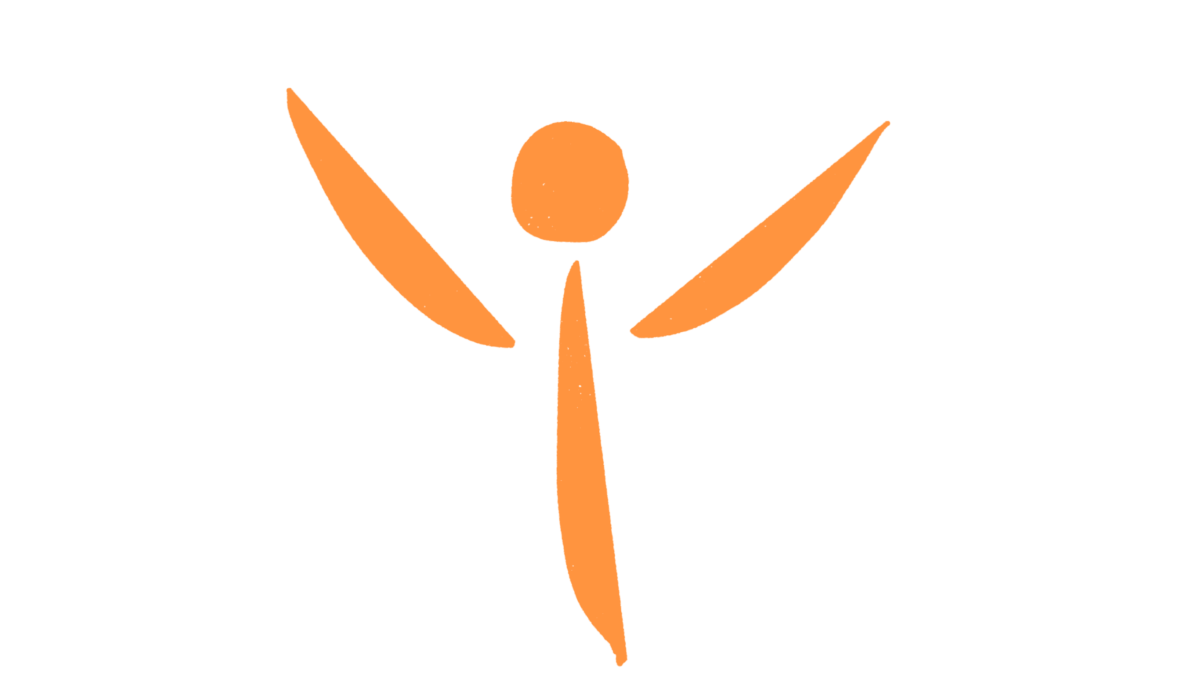
the level of stress we experience is directly proportional to the atta
Figure 1 Attachment – Stress relationship
Attachment
This is an important insight to grasp, or rather as we shall see, to hold lightly 🙂 , because, I believe, it is the underlying driver of much stress, sadness and suffering, in that we hold on to some things too tightly, setting up expectations around them and expending a lot of energy and attention on them .
The brain, is a meaning seeking, pattern making, prediction organ, operating on the principle, minimise threat – maximise reward. When we use our wonderful brain, and it holds the belief, I am right, 🙂 to predict what reality will do and reality does not match that prediction or expectation, then we stress, see figure 1. We stress about what reality has to be, what it should be, what it must be, what it ought to be and eh, it isn’t! It does what it does! It is what it is!
If we have a high level of attachment to the outcome being the way we predicted, we will experience high levels of stress, #controlfreak.
Let me bring in an insight here, from NLP, called modal operators. A modal operator is language that we use either internally or externally with others and if, (using your Observer), you just pay attention to your own self talk, or the conversations of others, you will hear these modal operators. They are “should”, “shouldn’t”,” must”, “have to”, “ got to” and “ought to”. You will hear yourself saying to someone as you talk about someone else, they should really do this or that. The issue with modal operators is that there is no law that says we should / shouldn’t, must, or ought to, do anything at all. Is there? (Otherwise people would not break the law once they knew it 🙂 ). I want you to really think about this. There is no law! When these modal operators are used there is always stress generated for someone. For instance ourselves, when we say ‘John must reply to my note’ and he doesn’t!
What you can teach yourself to use, instead of these modal operators is, ‘I would prefer that….’ so the phrase becomes ‘ I would prefer that John replies to my note.’ As you practice this (and you will need to practice using ‘ I would prefer…’ as opposed to ‘they must…’), you will find the pattern that you’ve had laid down for years begins to change and you become a little less stressed 🙂
Coupling these two things together, ‘we are fine and everybody else needs to change’ with ‘we cannot change others’ and get stressed when we try to’. It would seem that a useful thing to do would be to change ourselves! One of the most important things I have learned, put the focus on myself, not everybody else, not easy 🙂
A quote from Anthony de Mello (One minute wisdom)
“How shall I help the World?”
“By understanding it,” said the Master
“And how shall I understand it?”
“By turning away from it.”
“How then shall I serve humanity?”
“By understanding yourself.”
The key to lowering stress levels triggered by attachment ? Change the language you use. Instead of using should, must, have to, ought to, try using the word prefer. Viz:- “what I would prefer is…” or “what are the possibilities here?”
- When and where do you use ‘should, must etc’?
- What happens when you change to using prefer?


